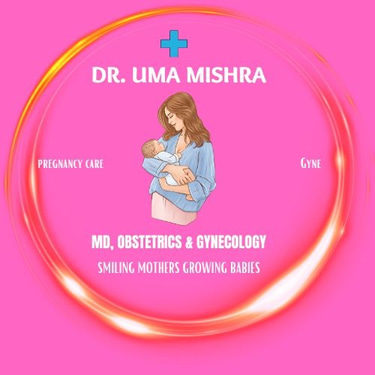Preventing Cervical Cancer: Importance of Regular Pap Smears
2/7/20243 min read


Preventing cervical cancer is a crucial aspect of women's healthcare. One of the most effective methods for early detection and prevention of cervical cancer is through regular Pap smears. This simple and non-invasive test has proven to be a lifesaver for countless women around the world.
Understanding Cervical Cancer
Cervical cancer is a type of cancer that develops in the cervix, the lower part of the uterus that connects to the vagina. It is primarily caused by the human papillomavirus (HPV), a sexually transmitted infection. HPV infection is quite common, and most women will be exposed to it at some point in their lives. However, not all HPV infections lead to cervical cancer.
Regular Pap smears play a crucial role in detecting abnormal changes in the cells of the cervix. These changes, known as precancerous lesions, can be identified early through Pap smears, allowing for timely intervention and treatment. If left untreated, these precancerous lesions can progress to cervical cancer.
The Pap Smear Advantage
Pap smears, also known as Pap tests, involve the collection of cells from the cervix to be examined under a microscope. This test can detect abnormal cells even before they become cancerous. By identifying these changes early, healthcare providers can take the necessary steps to prevent the development of cervical cancer.
Regular Pap smears are recommended for all women aged 21 to 65, regardless of whether they have received the HPV vaccine. The frequency of Pap smears may vary depending on individual risk factors and previous test results. It is essential to consult with a healthcare provider to determine the most appropriate screening schedule.
Importance of Vaccination
While Pap smears are highly effective in detecting cervical cancer, they are not a substitute for vaccination against HPV. Vaccination is a crucial preventive measure that can significantly reduce the risk of developing cervical cancer. The HPV vaccine is recommended for both males and females between the ages of 9 and 26.
The HPV vaccine protects against the most common types of HPV that cause cervical cancer. It is administered in a series of shots over several months. By receiving the HPV vaccine, individuals can protect themselves from the virus and reduce the likelihood of developing cervical cancer.
Human Papillomavirus (HPV) vaccination is recommended for several important reasons:
Prevention of Cervical Cancer: HPV infection is a leading cause of cervical cancer. Vaccination significantly reduces the risk of developing cervical cancer by preventing infection with certain high-risk HPV types.
Protection Against Other Cancers: In addition to cervical cancer, HPV is also linked to other cancers such as anal, vaginal, vulvar, penile, and oropharyngeal cancers. The vaccine provides protection against these cancers as well.
Preventing Genital Warts: HPV infection can also lead to the development of genital warts. The vaccine helps in preventing genital warts caused by certain HPV types.
Herd Immunity: By getting vaccinated, you not only protect yourself but also contribute to community immunity. This reduces the overall prevalence of HPV in the population, offering indirect protection to those who may not be vaccinated.
Now, there are several HPV vaccine options available, and the choice may depend on factors such as age, health status, and specific recommendations. As of my last knowledge update in January 2022, the available HPV vaccines include:
Gardasil 9 (9-valent HPV vaccine): Protects against nine different types of HPV, including those associated with cervical cancer and genital warts.
Cervarix: Protects against two high-risk HPV types associated with cervical cancer.
Gardasil: Protects against four HPV types, including those associated with cervical cancer and genital warts.
It is crucial to consult with a gynecologist for HPV vaccination for the following reasons:
Personalized Guidance: A gynecologist can provide personalized advice based on your health history, age, and specific risk factors.
Timing and Scheduling: Gynecologists can recommend the most appropriate timing for vaccination, especially in the case of adolescents and young adults.
Integration with Regular Check-ups: Visiting a gynecologist for HPV vaccination allows for integration with regular gynecological check-ups, ensuring comprehensive women's health care.
Education and Information: Gynecologists can provide detailed information about the vaccine, address concerns, and answer any questions you may have about HPV and its associated risks.
Remember that HPV vaccination is most effective when administered before exposure to the virus, making it important to discuss with a healthcare professional and receive the vaccine at the recommended age.
Conclusion
Regular Pap smears and HPV vaccination are both essential in the fight against cervical cancer. Pap smears allow for early detection and treatment of precancerous lesions, while vaccination provides protection against the most common types of HPV. By prioritizing these preventive measures and maintaining regular check-ups with healthcare providers, women can take control of their health and reduce the risk of cervical cancer.
Consult Dr Uma Mishra for complete guidance on women's health issues and getting vaccinated at her clinic at https://maps.app.goo.gl/w2ZoD3X6nUJSnYUd9.
